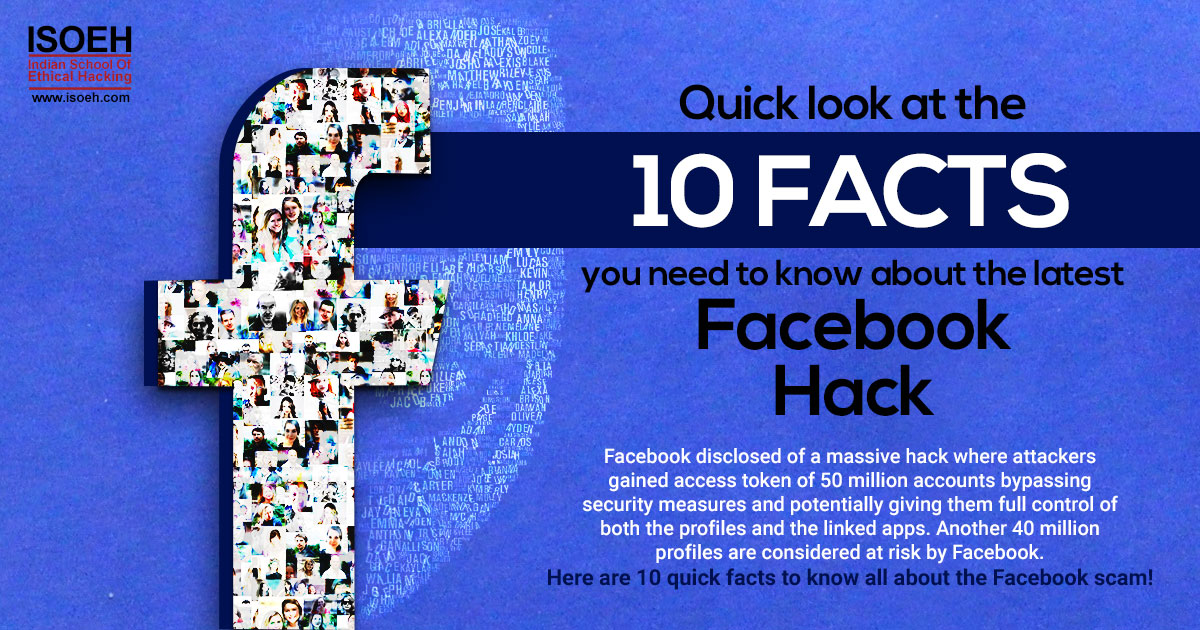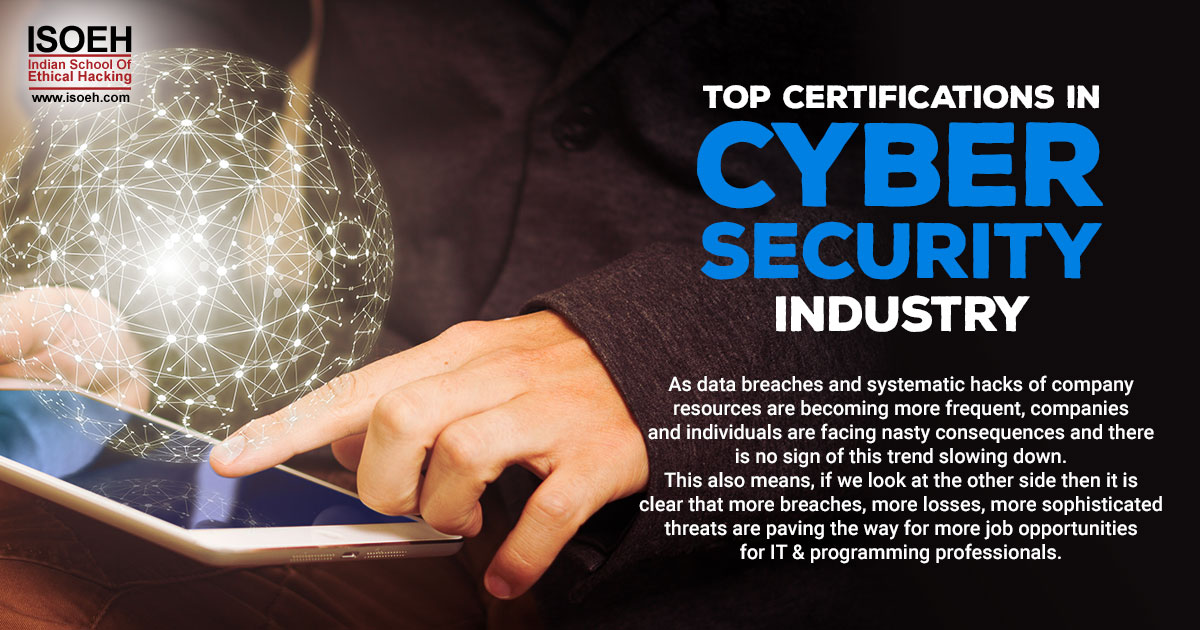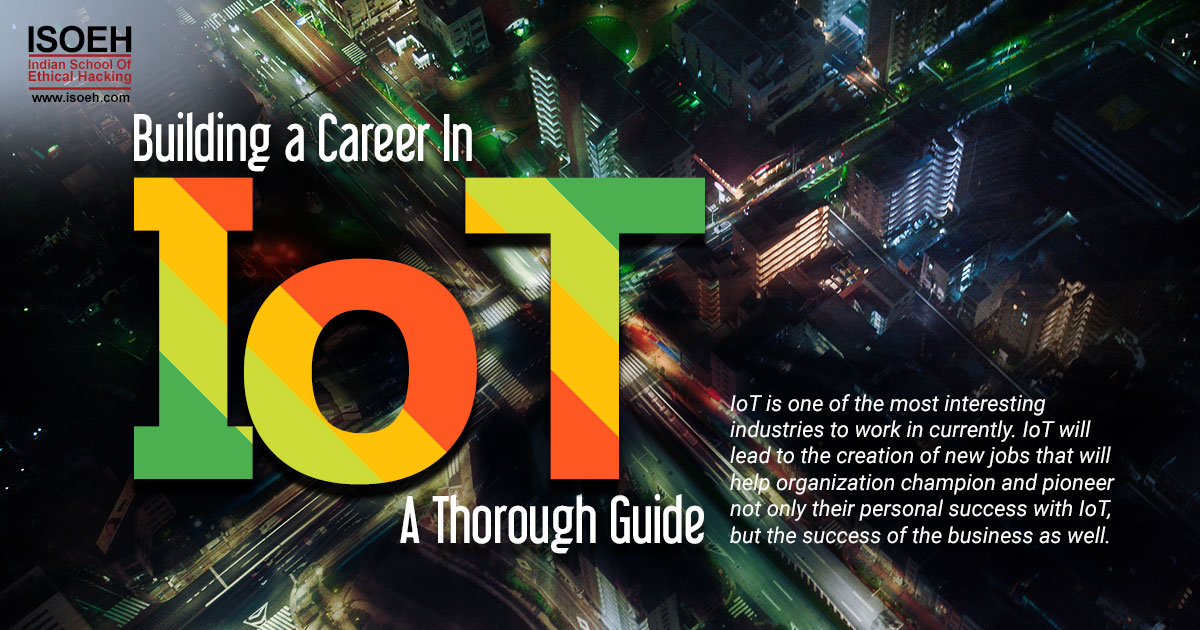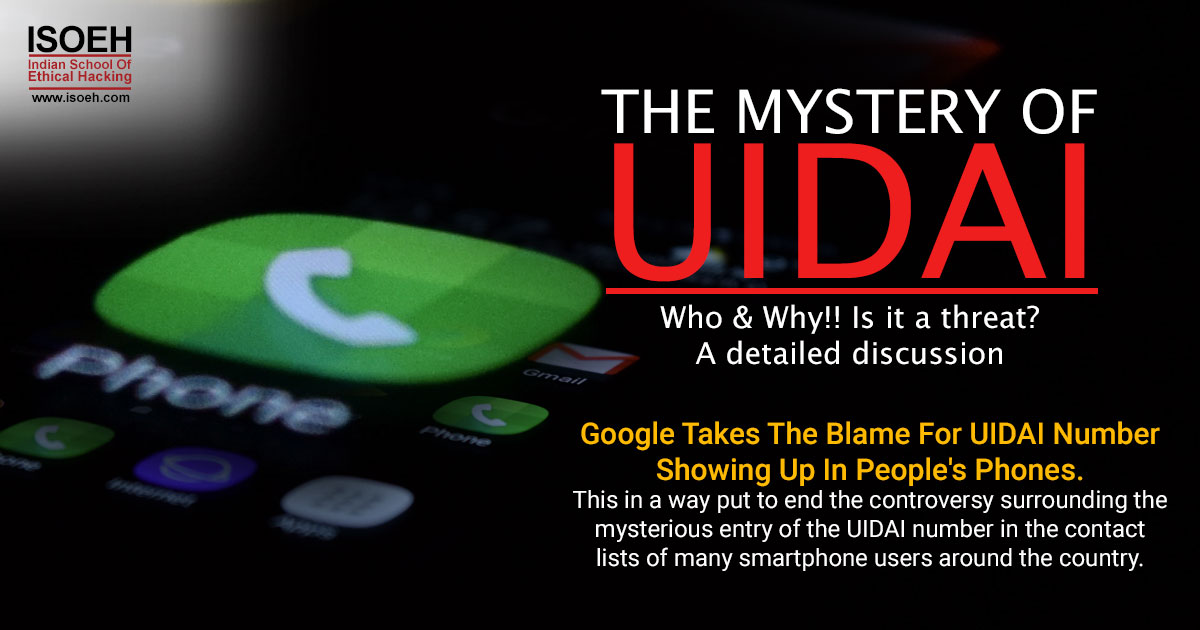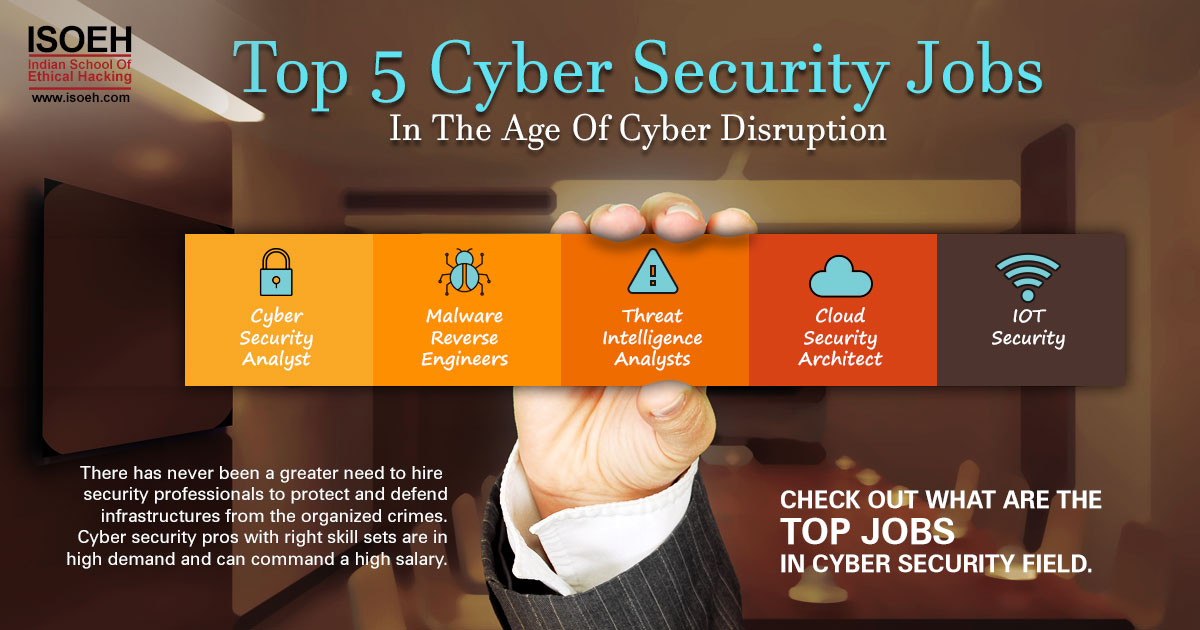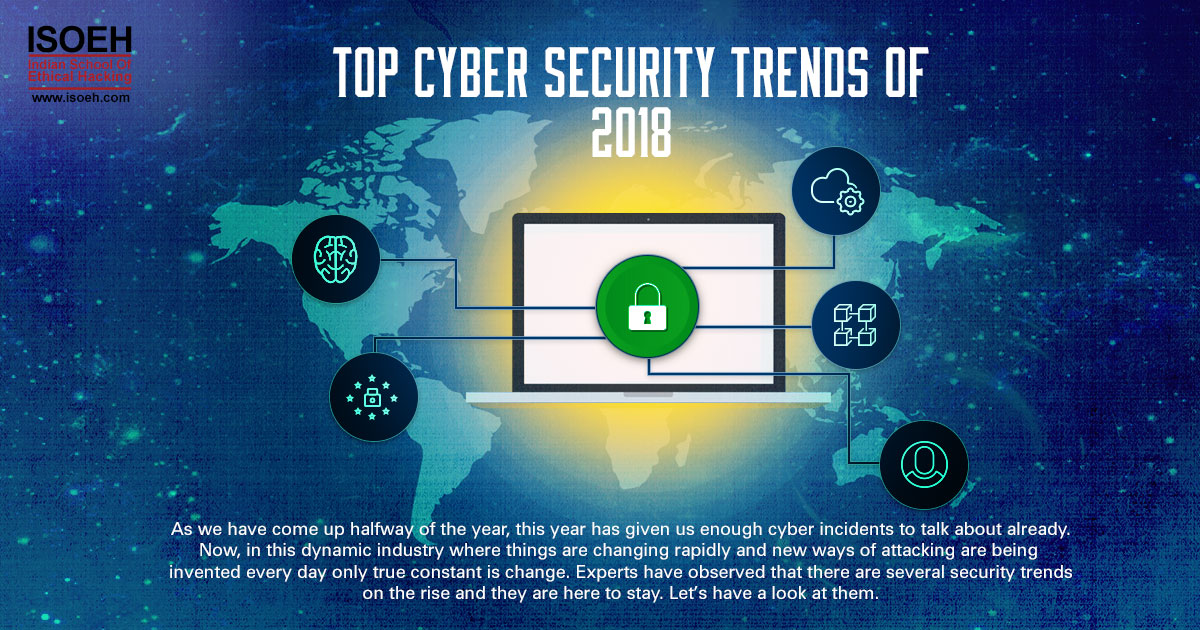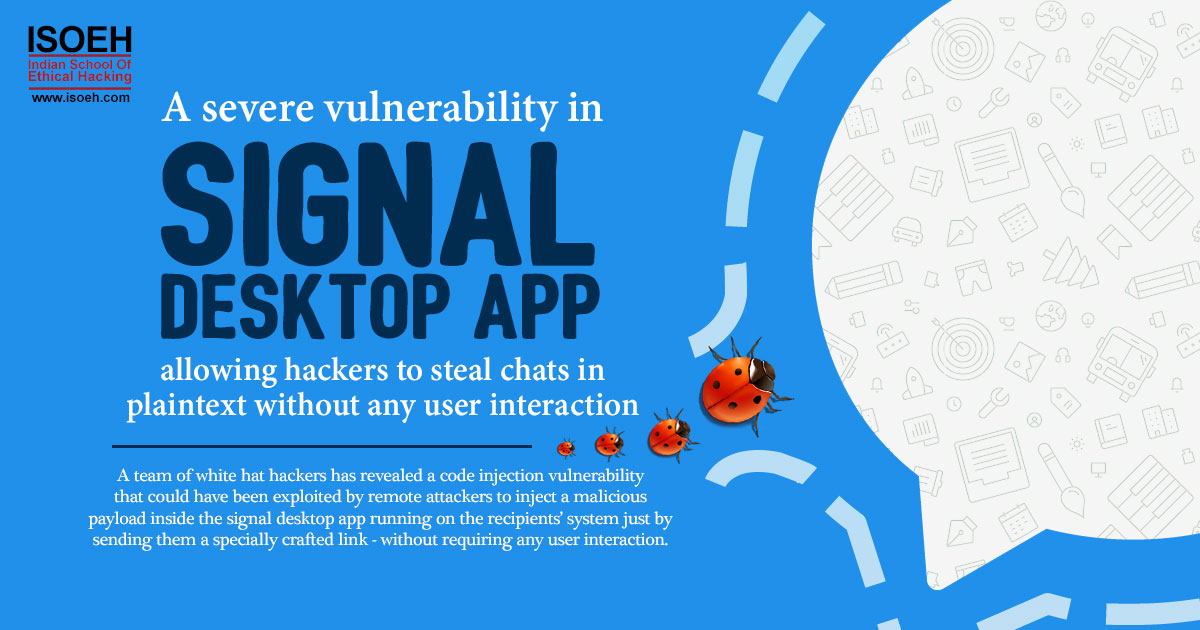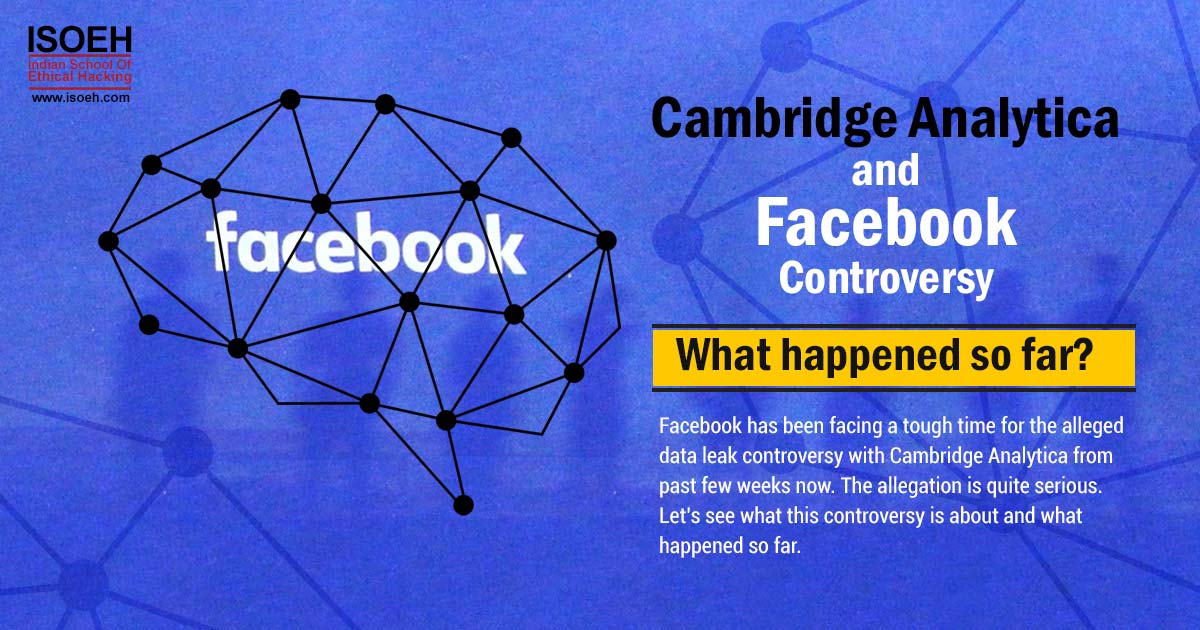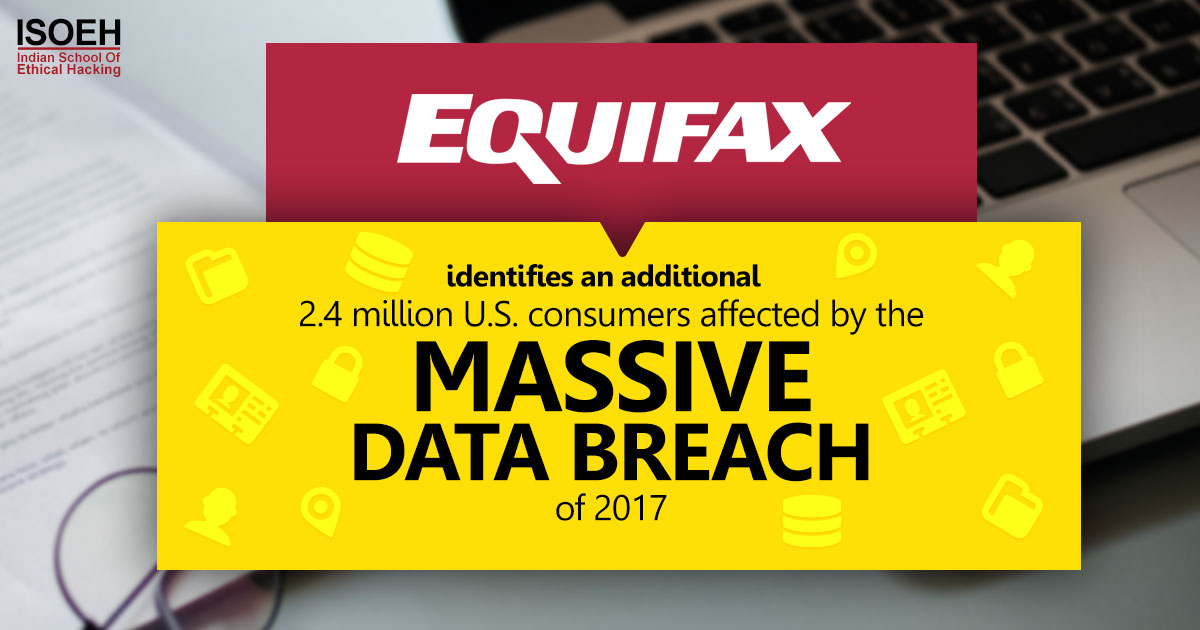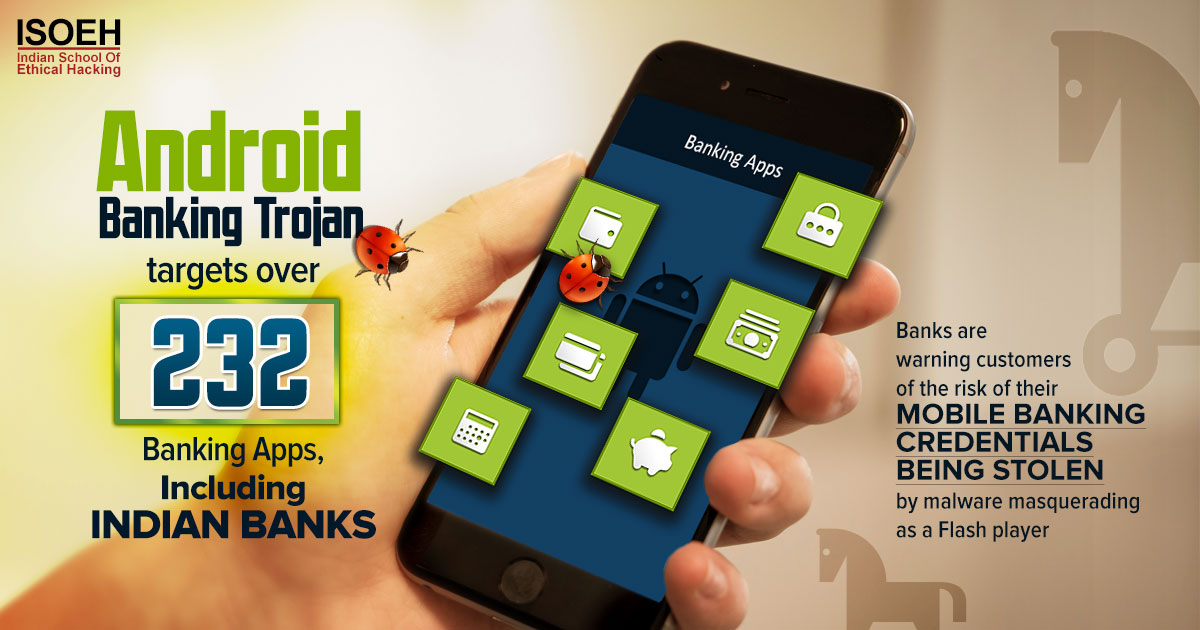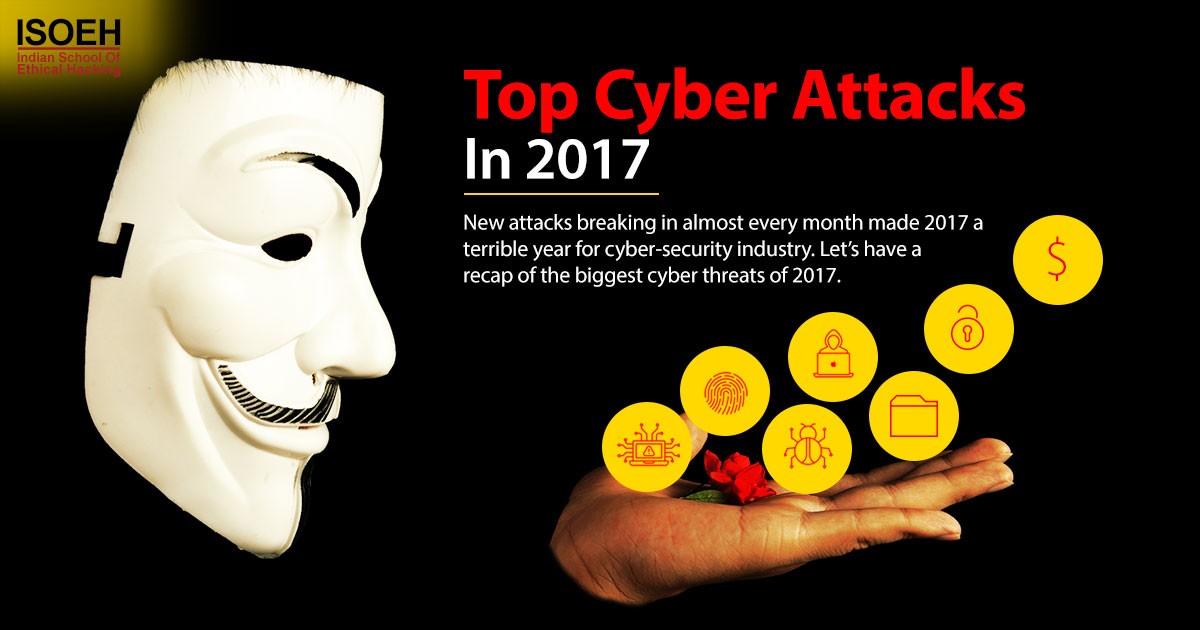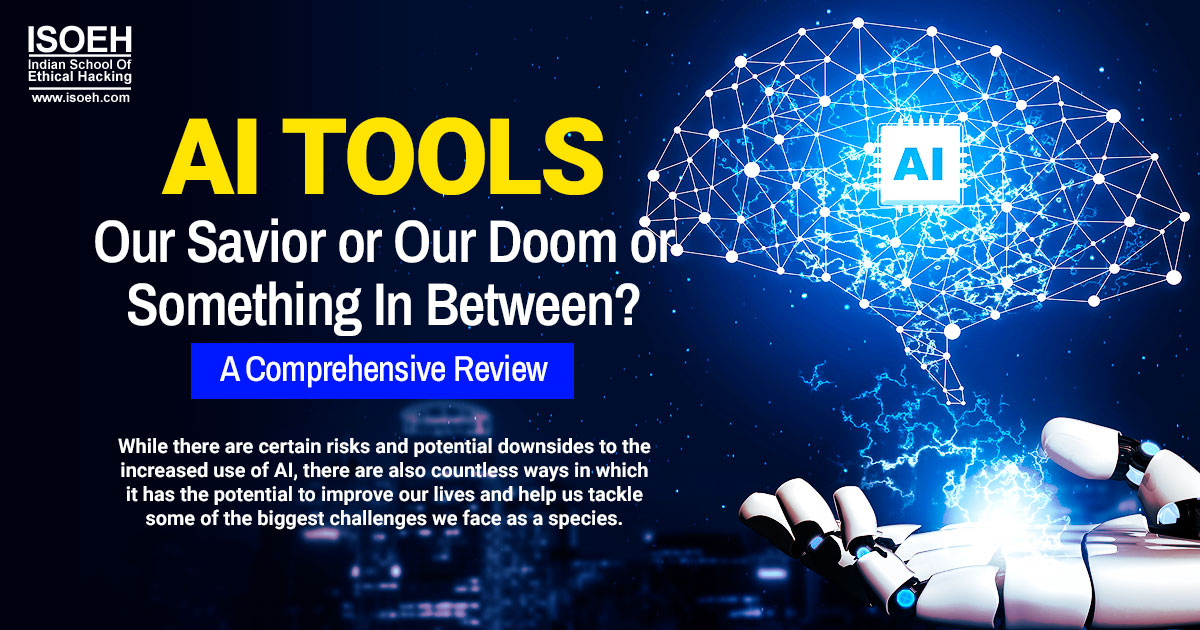
Contents
Introduction
Are you a passionate user of AI tools for your daily work? Artificial Intelligence has been one of the most fascinating fields of study in recent times. With breakthroughs in machine learning, natural language processing, and computer vision, AI has become an essential tool for various industries worldwide.
From healthcare to finance, education to entertainment, AI has found its way into every aspect of our lives.
In this article, I am exploring some of the most exciting AI tools that are changing the way we work and live, and why you should be paying attention to them. Get ready to dive into the world of AI and discover the possibilities that lie ahead!
From Tedious to Terrific: How AI Can Streamline Your Daily Tasks
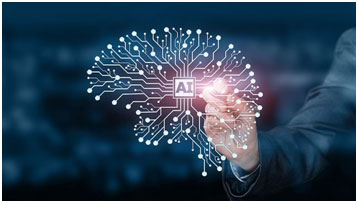
Are you tired of spending countless hours on mundane tasks that could easily be automated? Look no further than AI. Artificial intelligence has revolutionized the way you work, I work, and WE work, making it easier to complete tasks efficiently and accurately.
Let’s look at a glance at how AI is streamlining our daily tasks:
- Personalized Scheduling: AI-powered scheduling tools can analyze your calendar and suggest the best times for meetings, while also factoring in travel time and other commitments.
- Email Management: AI-powered email assistants can prioritize and categorize your inbox, saving you time and reducing stress. Even you can quickly see the most important messages and avoid getting bogged down by low-priority emails. They can also suggest responses based on the context of the email, which can save you time and reduce the burden of responding to emails.
- Data Entry: AI-powered software can extract and input data from various sources, freeing up time for more important tasks.
- Customer Service: AI-powered chatbots can handle routine customer inquiries, allowing human representatives to focus on more complex issues.
- Personal Shopping: AI-powered personal shopping assistants can recommend products based on your preferences and purchase history. They can also make purchases for you automatically, making the process of shopping much more efficient.
- Travel Planning: AI-powered travel assistants can help in planning your trips by recommending destinations, suggesting activities and accommodations, and even booking flights and hotels. They can also provide real-time information on weather, traffic, and other travel-related updates.
- Voice Assistance: AI-powered voice assistants like Siri, Alexa, and Google Assistant can perform a wide range of tasks, from setting reminders and alarms to ordering food and controlling smart home devices. They can also answer questions and provide information on a variety of topics, making them a valuable resource for learning and productivity.
Don't let tedious tasks bog you down. Embrace the power of AI and watch your productivity soar.
The Promise of AI Tools: Revolutionizing Healthcare, Education, and Beyond
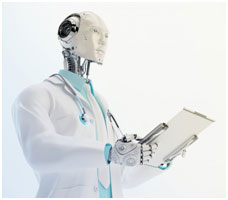 It is no surprise that many people are excited about the possibilities of AI that have the power to save lives and improve quality of life. It has promised to revolutionize every industry it touches, and healthcare and education are no exceptions.
It is no surprise that many people are excited about the possibilities of AI that have the power to save lives and improve quality of life. It has promised to revolutionize every industry it touches, and healthcare and education are no exceptions.
From medical diagnosis to personalized learning, AI tools have the potential to transform these industries and improve outcomes for individuals and communities.
With advanced algorithms that can analyze large amounts of data and identify patterns, AI can assist doctors in making accurate diagnoses and developing personalized treatment plans.
Likewise, AI-powered education tools can adapt to individual learning styles and provide students with tailored learning experiences. The promise of AI tools is endless, and the possibilities for the future are truly exciting.
The Stark Reality: The Role of AI Tools in Fighting Climate Change
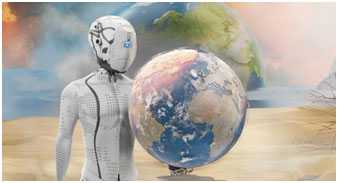 While there is no silver bullet for addressing climate change, the potential of AI tools to save our planet is undeniable.
While there is no silver bullet for addressing climate change, the potential of AI tools to save our planet is undeniable.
With continued investment and innovation, AI could be the key to securing a sustainable future for generations to come. It is a complex problem that requires the use of all available resources to find a solution. One area that has not been fully exploited is the role of AI tools in fighting climate change.
AI tools have the potential to help us in several ways. They can be used to develop more efficient and environmentally friendly products, to help us better understand and predict the effects of climate change, and to develop new strategies for reducing greenhouse gas emissions.
By analyzing vast amounts of data, AI-powered systems can identify inefficiencies in manufacturing, supply chains, and product performance. This information can then be used to develop more sustainable products that have a lower carbon footprint and consume fewer resources.
For example, AI-powered systems can be used to optimize energy use in buildings by analyzing data from sensors and finding ways to reduce energy consumption. AI can also help to optimize transportation systems, such as finding the most fuel-efficient routes and modes of transport.
AI Tools and Creativity: Exploring the Limits and Possibilities of AI-Generated Art, Music, and Literature
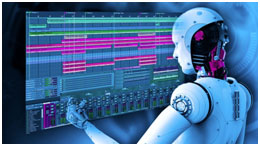 Artificial Intelligence has taken the world by storm, and with its advanced algorithms and machine learning techniques, AI tools are now capable of producing impressive art, music, and literature. As we continue to push the boundaries of what's possible, it's exciting to imagine what the future holds for AI tools and creativity.
Artificial Intelligence has taken the world by storm, and with its advanced algorithms and machine learning techniques, AI tools are now capable of producing impressive art, music, and literature. As we continue to push the boundaries of what's possible, it's exciting to imagine what the future holds for AI tools and creativity.
AI-generated creativity is not just about automation but also about enhancing human creativity, opening up new dimensions of creative expression, and challenging our understanding of art. Whether it's generating paintings, composing music, or writing novels, AI has proven to be a game-changer.
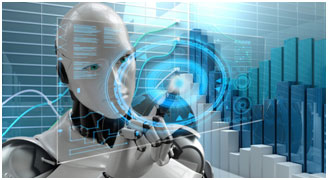 For example, AIVA (Artificial Intelligence Virtual Artist) is an AI tool that can compose music for a variety of genres and styles. Another tool, called DeepDream, can generate visually stimulating images from a simple sketch. Some artists are embracing these tools as a way to explore new creative avenues.
For example, AIVA (Artificial Intelligence Virtual Artist) is an AI tool that can compose music for a variety of genres and styles. Another tool, called DeepDream, can generate visually stimulating images from a simple sketch. Some artists are embracing these tools as a way to explore new creative avenues.
However, others worry that AI-generated art lacks the emotional depth and meaning of art created by humans. Some argue that AI-generated art may ultimately devalue the role of human artists and diminish the cultural significance of art. The Associated Press uses an AI tool called Wordsmith to generate news articles based on data and analytics.
The possibilities seem endless, and the limits of AI-generated creativity are yet to be explored fully.
The Increasing Threat of AI Tools: How Safe Are Our Data and Privacy in the Age of AI
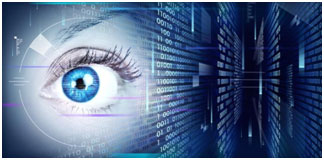 As we embrace the power and potential of Artificial Intelligence (AI) tools in our daily lives, it's essential to ask ourselves an important question - How safe are our data and privacy in the age of AI?
As we embrace the power and potential of Artificial Intelligence (AI) tools in our daily lives, it's essential to ask ourselves an important question - How safe are our data and privacy in the age of AI?
As artificial intelligence (AI) tools become more widespread, the potential risks to our data and privacy also increase. Despite the many benefits of AI, such as improved efficiency and decision-making, there are also several ways in which AI tools can be used to harm individuals and violate their privacy.
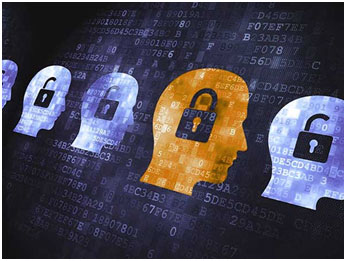 For example, AI tools can be used for identity theft, fraud, and other types of cybercrime. They can be used to target ads and content at individuals based on their personal data. This can have several negative consequences, such as increasing political polarization and creating an echo chamber effect.
For example, AI tools can be used for identity theft, fraud, and other types of cybercrime. They can be used to target ads and content at individuals based on their personal data. This can have several negative consequences, such as increasing political polarization and creating an echo chamber effect.
One way to do this is by being cautious with the personal information we share online. We should only share information that is necessary and relevant, and always check the privacy settings on social media sites and other online platforms.
It is also important to use strong passwords and two-factor authentication to prevent unauthorized access to our data. Another way to protect ourselves from AI threats is to support regulations and policies that promote data privacy and security. Governments, businesses, and individuals all have a role to play in protecting our data and privacy from AI threats.
The Impact of AI on Jobs: Will AI Tools Make Our Lives Easier or Steal Our Livelihoods?
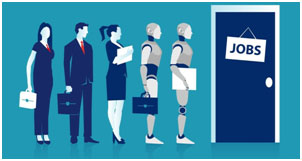 We are on the cusp of a new era in which artificial intelligence (AI) tools will increasingly be used to augment and automate human work.
We are on the cusp of a new era in which artificial intelligence (AI) tools will increasingly be used to augment and automate human work.
Some people believe that AI tools will make our lives easier by automating repetitive tasks and freeing up our time for more interesting work. Others believe that AI will steal our jobs and leave us unemployed.
So far, the impact of AI on jobs has been mixed. In some industries, AI has created new jobs and opportunities. In others, AI has replaced human workers with machines.
The truth lies somewhere in between, and as we move towards a more automated future, it's important to understand both the benefits and potential pitfalls of this technological revolution.
The impact of AI on jobs will continue to be a hotly debated topic in the years to come. Buckle up, because the future is now.
The Future of AI Tools: Predictions and Expectations for the Next Decade and Beyond
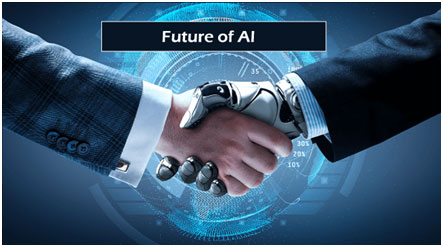
Artificial intelligence (AI) is evolving at an exponential rate. Every day, there are breakthroughs in AI research and development that are opening up new possibilities for what AI can do. This is having a big impact on the development of AI tools.
AI tools are becoming more and more sophisticated and are being used in a growing number of industries. With predictions of machines surpassing human intelligence in the not-so-distant future, the possibilities are endless.
- Increased Automation: AI tools will become more automatic and self-learning, allowing machines to perform complex tasks without human intervention.
- Personalization: AI tools will become more personalized, providing customized experiences based on user preferences and behavior.
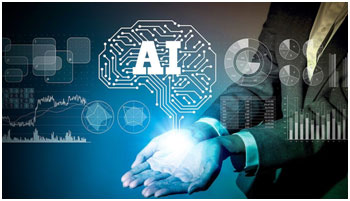 Collaborative AI: AI tools will learn to work together in a collaborative environment, powering a new era of collaboration between man and machine.
Collaborative AI: AI tools will learn to work together in a collaborative environment, powering a new era of collaboration between man and machine.- Human-in-the-Loop: AI tools will integrate human feedback into the machine-learning process, making it possible for users to teach machines new skills and refine their performance.
- Natural Language Processing: AI tools will become better at understanding natural language, making it easier to communicate with machines using spoken words.
- Predictive Analytics: AI tools will be used more extensively in predictive analytics, enabling businesses to make more accurate predictions about market trends, customer behavior, and more.
- Robotics: AI will advance the robotics industry, leading to the creation of more advanced robots that can perform tasks that were previously impossible.
- Cybersecurity: AI tools will become essential in the fight against cybercrime, helping to identify and prevent online threats before they can cause significant damage.
- Augmented Reality: AI will drive the development of augmented reality tools by providing the algorithms necessary to create immersive virtual experiences.
- Ethical AI: AI tools will become more sophisticated in the way they deal with ethical issues, ensuring that machines are programmed to act in a responsible way that benefits society.
Conclusion
While there are certain risks and potential downsides to the increased use of AI, there are also countless ways in which it has the potential to improve our lives and help us tackle some of the biggest challenges we face as a species. Ultimately, the answer likely lies somewhere in between these extremes, with the true impact of AI depends on how we choose to develop and deploy it. So let us be mindful and responsible in our use of this powerful technology, ensuring that we steer it towards a future that benefits us all.
Hacking Tools
Explore All Hacking Tools »
UFTP is an encrypted multicast file transfer program for secure, reliable & efficient transfer of files. It also helps in data distribution over a satellite link.
Read DetailsBreaking News
Breaking News Of Each Month »
The recent pandemic was unexpected and unknown to most part of the world. It has changed our life and we are slowly adapting to our new lifestyle. The risks associated with the new lifestyle, both personal & corporate, are unknown to most of us.
Read Details


